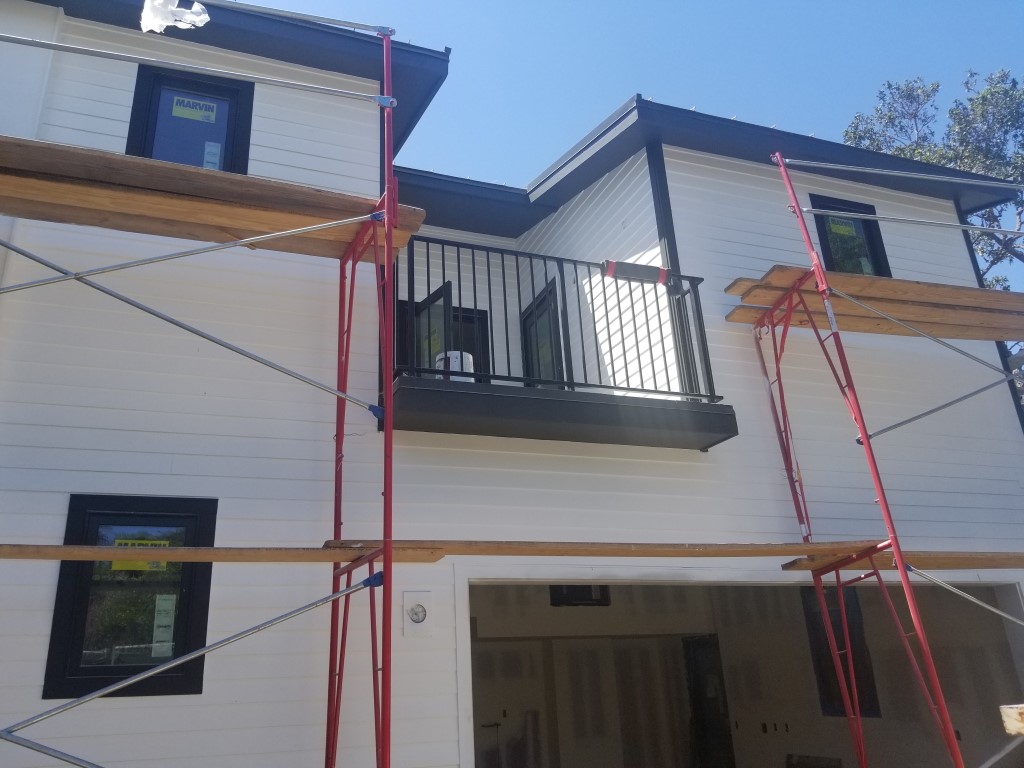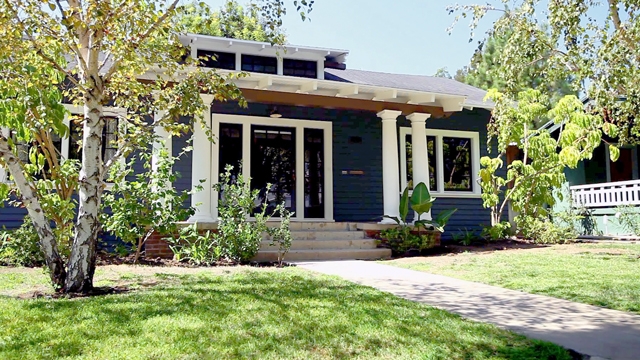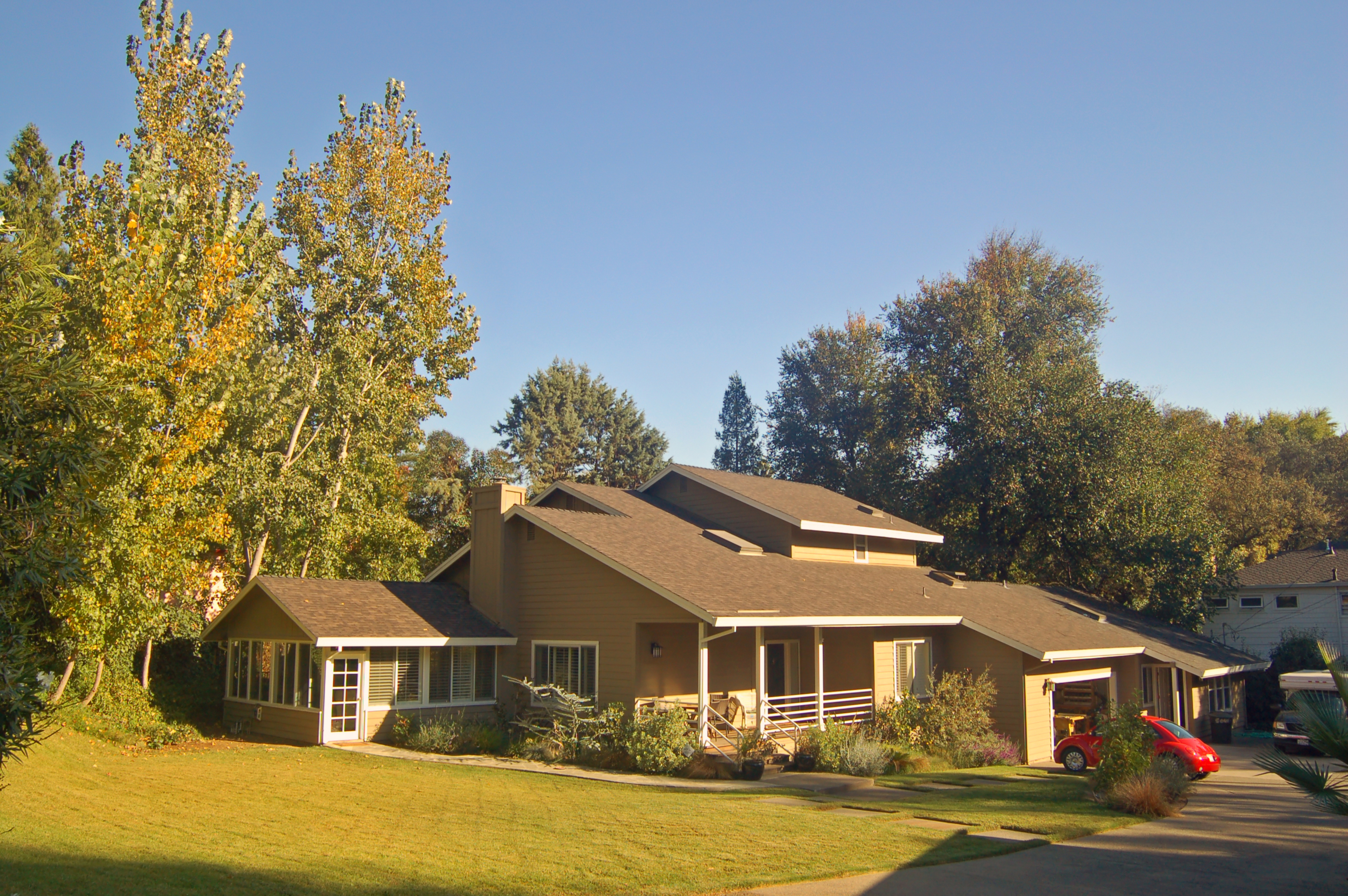What is Combined Loan-To-Value CLTV for a Hard Money Second Mortgage?
If you're searching online for the right lender for a hard money second mortgage, it's important to know your combined loan-to-value (CLTV). CLTV is...
2 min read
 Ted Spradlin
:
Aug 21, 2023 6:33:09 AM
Ted Spradlin
:
Aug 21, 2023 6:33:09 AM

When a hard money second mortgage lender forecloses their position, one of two things happens. If the property sells at auction on the courthouse steps, they're repaid their loan amount. Or, they take possession (ownership) if no buyers meet their minimum requirement at foreclosure auction.
If the property sells at foreclosure auction, the new owner will need to address the existing first mortgage in place. They can choose to pay it off in full and own the property unencumbered with full control. Or, they can service the debt on the first mortgage until they pay off the loan through a refinance or property sale.
Over the past decade, my company, First Capital Trust Deeds (FCTD), has had a few situations where second lienholders went through the foreclosure process to recover their security in the property (the hard money second mortgage).
In one situation, a second lender didn’t receive any bids at auction that met their minimum reserve requirement. They took back the property and reinstated the first mortgage — a conventional mortgage with an interest rate of 4.50% — which had also been in default, around 4 to 5 months delinquent. At that point, the second mortgage holder became the new owner. They spent money to bring the property taxes current and update the property in preparation for listing the home for sale.
In another scenario, a borrower defaulted on their first and second mortgages, both hard money loans. There was an Intercreditor Agreement in place between the first mortgage lender and second lender, which stated that the first was required to inform the second if the borrower was over 30 days delinquent on their mortgage payments.
After the borrower was delinquent 60 days, the second lienholder realized that the property was definitely heading toward foreclosure and they wanted to minimize their expenses. The second reached out to the first lender to buy out their position, which was approximately $1.7 million. They wired funds within 24 hours, recorded the assignment of mortgage on the title, and also brought the property taxes current. The second lienholder was now the first lender and would initiate foreclosure proceedings to recover their security in the property, which was approximately $2 million between the first and second mortgages — both which they now controlled.
Conclusion
Nobody who takes out a loan plans to be delinquent, yet it does happen from time to time. When a hard money second mortgage lender forecloses, they can either sell the property at foreclosure auction on the courthouse steps, or, if it doesn’t sell at auction, take back the property as the new owner of record. Once they take possession, they can choose to service the debt on the first mortgage, or pay off the first lien and own the property unencumbered by any other debt.

If you're searching online for the right lender for a hard money second mortgage, it's important to know your combined loan-to-value (CLTV). CLTV is...

A consumer purpose hard money second mortgage is a loan where the loan funds, or proceeds from the loan, will go toward a personal use, such as...

A business purpose hard money second mortgage is a type of loan issued by nonbank private lenders, including individual trust deed investors, family...